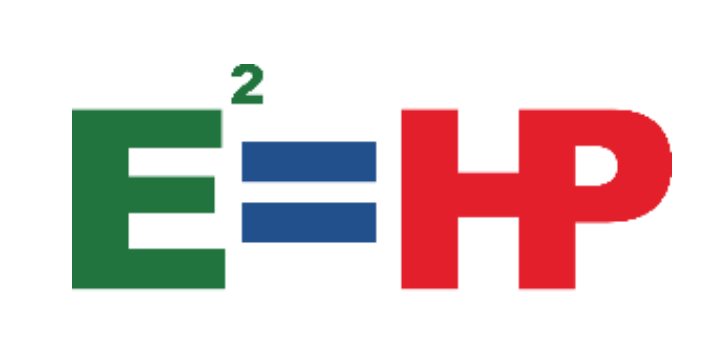At The Institute for Employee High Performance, we often explore various strategies to boost workplace productivity and overall employee well-being. One key area that has increasingly shown a profound impact on performance is financial education. In today’s economic climate, financial stress is a significant concern that can affect employees’ concentration, mental health, and productivity. Implementing financial education programs within the workplace can not only alleviate these stresses but also enhance overall productivity and create a more supportive work environment.
Understanding the Link Between Financial Wellness and Productivity
Financial worries are among the top stressors for employees globally. A report by the American Psychological Association highlighted that financial concerns had a considerable impact on the mental health of American workers, which in turn affects their work performance and productivity. Stress related to personal finance extends beyond the home and seeps into work, leading to decreased concentration, increased absenteeism, and higher turnover rates.
The Role of Financial Education in Alleviating Stress
Financial education in the workplace involves providing employees with resources, workshops, and tools to improve their understanding of financial matters such as budgeting, debt management, investments, and planning for retirement. This knowledge empowers employees, giving them greater control over their financial situations, which can reduce stress and distraction, thereby increasing their focus and efficiency at work.
Benefits of Financial Education for Employers and Employees
1. Increased Employee Engagement and Loyalty: Employees who receive valuable training and benefits, including financial education, often feel more valued by their employer. This feeling can increase loyalty and engagement, reducing turnover rates and fostering a positive work environment.
2. Enhanced Decision-Making Abilities: Financial education helps employees make informed financial decisions, which can translate into better problem-solving and decision-making skills at work. The clarity and critical thinking skills developed through financial literacy can be beneficial across all areas of their job.
3. Reduction in Financial-Related Absences: With a better handle on their finances, employees are less likely to require time off to deal with financial crises. This stability translates into more consistent productivity and smoother team dynamics.
4. Boost in Morale and Job Satisfaction: Stress reduction is directly linked to job satisfaction. By providing tools to manage financial stress, employers can create a happier, healthier workplace.
Implementing Financial Education in Your Organization
Step 1: Assess Employee Needs: Start by surveying employees to understand their financial concerns and what kind of support they need. This step ensures that the program aligns with the actual needs of the workforce.
Step 2: Develop a Comprehensive Program: Based on the assessment, develop a program that covers key topics relevant to your workforce. This might include sessions on managing debt, understanding benefits and retirement plans, investing basics, and budgeting.
Step 3: Choose the Right Format: Consider different formats, such as workshops, seminars, webinars, or even one-on-one financial coaching. The format should cater to different learning styles and schedules.
Step 4: Encourage Ongoing Education: Financial education should not be a one-time event. Regularly scheduled sessions and updated resources can help maintain engagement and address new financial trends or concerns.
Step 5: Measure Impact: Regularly review the program’s effectiveness in terms of employee satisfaction, reduction in financial stress, and overall productivity. This will help tweak the program to better meet employee needs over time.
Integrating financial education into your workplace wellness programs can significantly enhance productivity by reducing financial stress and its associated impacts. At The Institute for Employee High Performance, we see financial literacy as an essential component of employee development—a tool that not only promises individual growth and stability but also drives organizational success. As employers, providing resources that contribute to financial stability is an investment in both your workforce and your company’s future.






